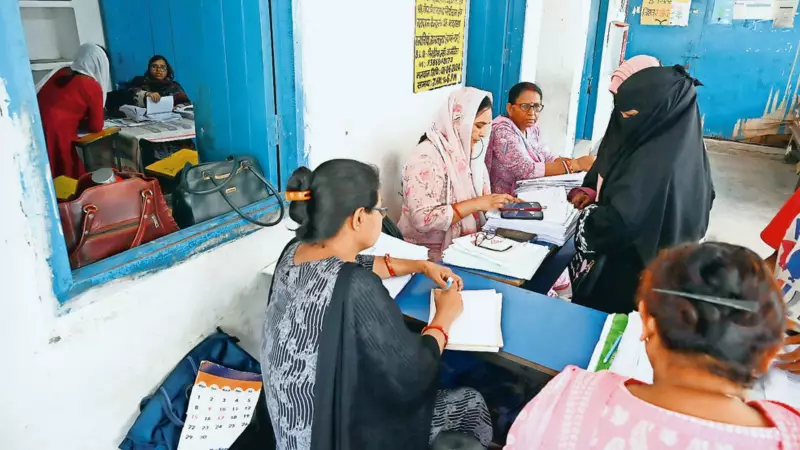
In a dramatic development that has sent shockwaves through West Bengal's education sector, the state's School Education Department has issued show-cause notices to approximately 600 newly recruited teachers who have refused to accept their postings in economically backward districts.
The Recruitment Standoff
The controversy emerges just as the School Education Service Commission prepares to conduct the School Service Commission (SSC) recruitment examination, scheduled for October 29. The massive hiring initiative aims to fill numerous teaching positions across the state, but has hit an unexpected roadblock with hundreds of educators declining their assigned locations.
Geographical Distribution of Refusals
The majority of teachers who turned down their appointments were slated for positions in three specific districts:
- Bankura district: Facing significant teacher resistance
- Purulia district: Experiencing similar rejection patterns
- Jhargram district: Among the hardest hit by refusals
Official Response and Consequences
Education department officials have taken a firm stance, issuing formal show-cause notices demanding explanations from the reluctant teachers. "These teachers were specifically recruited for these positions through proper channels," stated a senior department official. "Their refusal creates significant operational challenges for schools in these regions that are already struggling with staff shortages."
Broader Implications for Education
This standoff highlights the persistent challenge of attracting qualified educators to rural and economically disadvantaged areas. The timing is particularly sensitive with the upcoming SSC examination, which aims to address teacher shortages across West Bengal.
The department's strong response indicates growing concern about the pattern of urban-centric preferences among teaching professionals, potentially threatening the quality of education in remote regions. The outcome of this confrontation could set important precedents for future teacher placement policies in the state.





